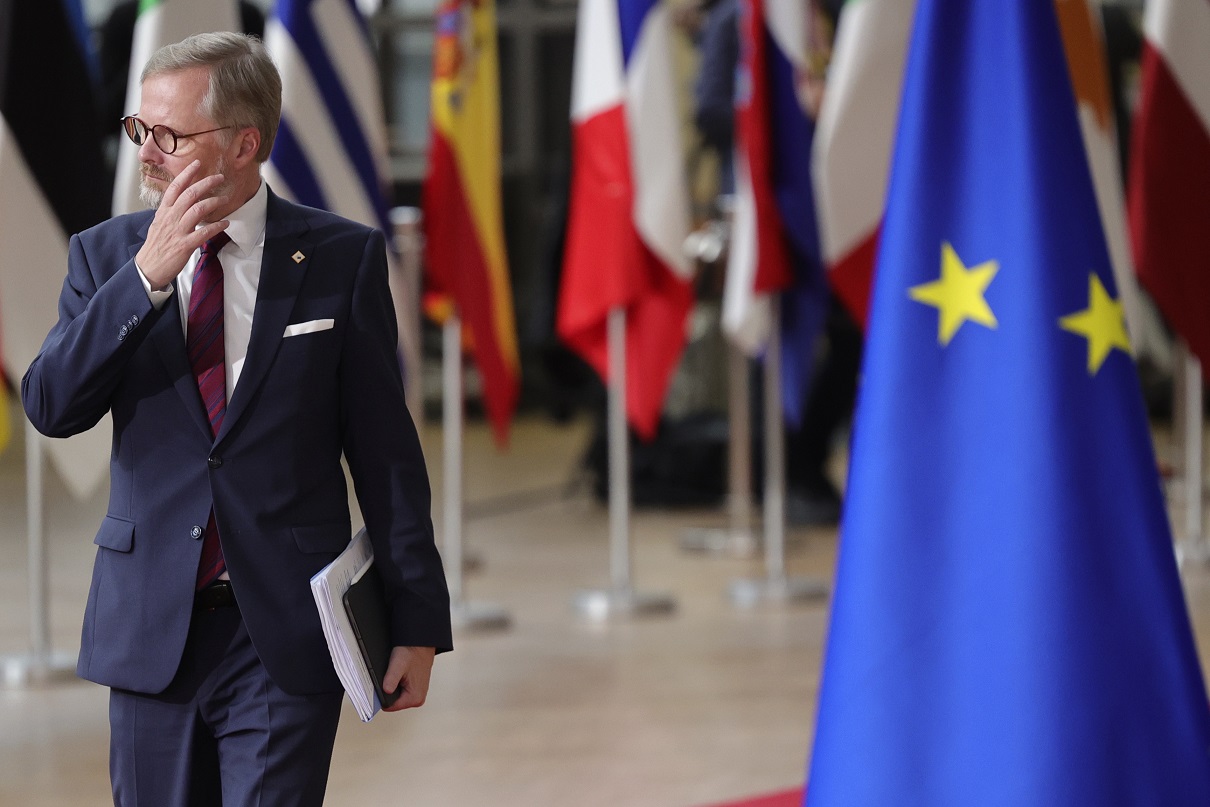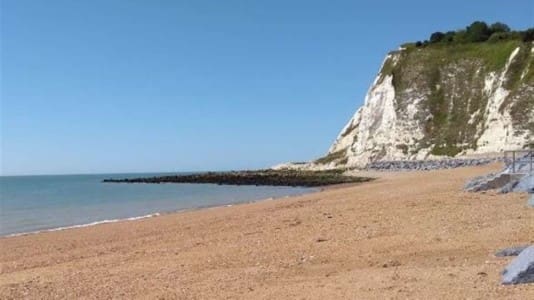Up to 55 percent of respondents do not trust the government of Petr Fiala, according to a survey by the Median agency.
“It’s unpleasant news,” says political scientist Jan Kubáček. “The government is simultaneously facing unprecedented challenges that haven’t been here — and let’s be happy about that — for several decades.” He argues that the government could have, however, communicated better: “It could have had a much more humble, consistent style so that clear information reached people on how to proceed, what to watch, what to watch out for.”
The political scientist acknowledges that the government has dealt with many crises in the past year. It began governing during the Covid-19 pandemic, and then Vladimir Putin’s Russia invaded Ukraine.
“I was very surprised that the ambitious plans of the coalition disappeared during the year. Vladimir Putin wrote the real program statement by invading Ukraine and de facto redrawing the map of energy interests, geopolitical interests, security interests, investments, and other strategies,” Kubáček pointed out during the program “Jak to vidí….” on the Czech Radio Dvojka broadcast.
However, Kubáček is bothered by how the government informed Czech society about energy prices and inflation.
According to him, the solution could be a special team of selected ministers to continuously prepare official positions day by day. They would have to keep in mind the Czech presidency of the European Union, which presents another challenge.
“But mainly, I expected the government to create a team consisting of communication and consumer law experts across departments that would create simple manuals and accessible advice, coupled with enormous humility, thanks, and maximum understanding.”
Instead, according to Kubáček, the government was handing out arrogant advice, sometimes on the edge of provocative behavior.
“And now, they are surprised that people are saving money. So it turns out that, in the end, Czech households are much more rational than the Czech government.”
In this context, the result of the Median survey showing that 55 percent of respondents do not trust the government is pretty good:
“If you take it all in, it is (…) still not too bad considering what the Czech Republic is currently experiencing.”
There is a lack of explanation and humility
But the government is still cohesive, and Prime Minister Petr Fiala handled the first weeks of the Russian invasion of Ukraine well, says Kubáček.
“That’s why I expected that the prime minister would similarly treat the energy crisis, say that it is a kind of natural disaster and take a clear stance, but with humility, ongoing explanations, and common sense.”
“This means that there would be informational materials in places where people associate, move, and know (…) such as post offices and other offices. But big billboards and media campaigns don’t work very well, and you can always say that they are too expensive. In times of discomfort and latent poverty, it might be unnecessarily irritating,” he points out.
In the same way, the government could start saving on bureaucracy, suggests Kubáček:
“Those who filled out the application for child benefits know this. Either the state gives to everyone, even undeservedly, or the welfare becomes so targeted that the bureaucracy grows drastically.”






